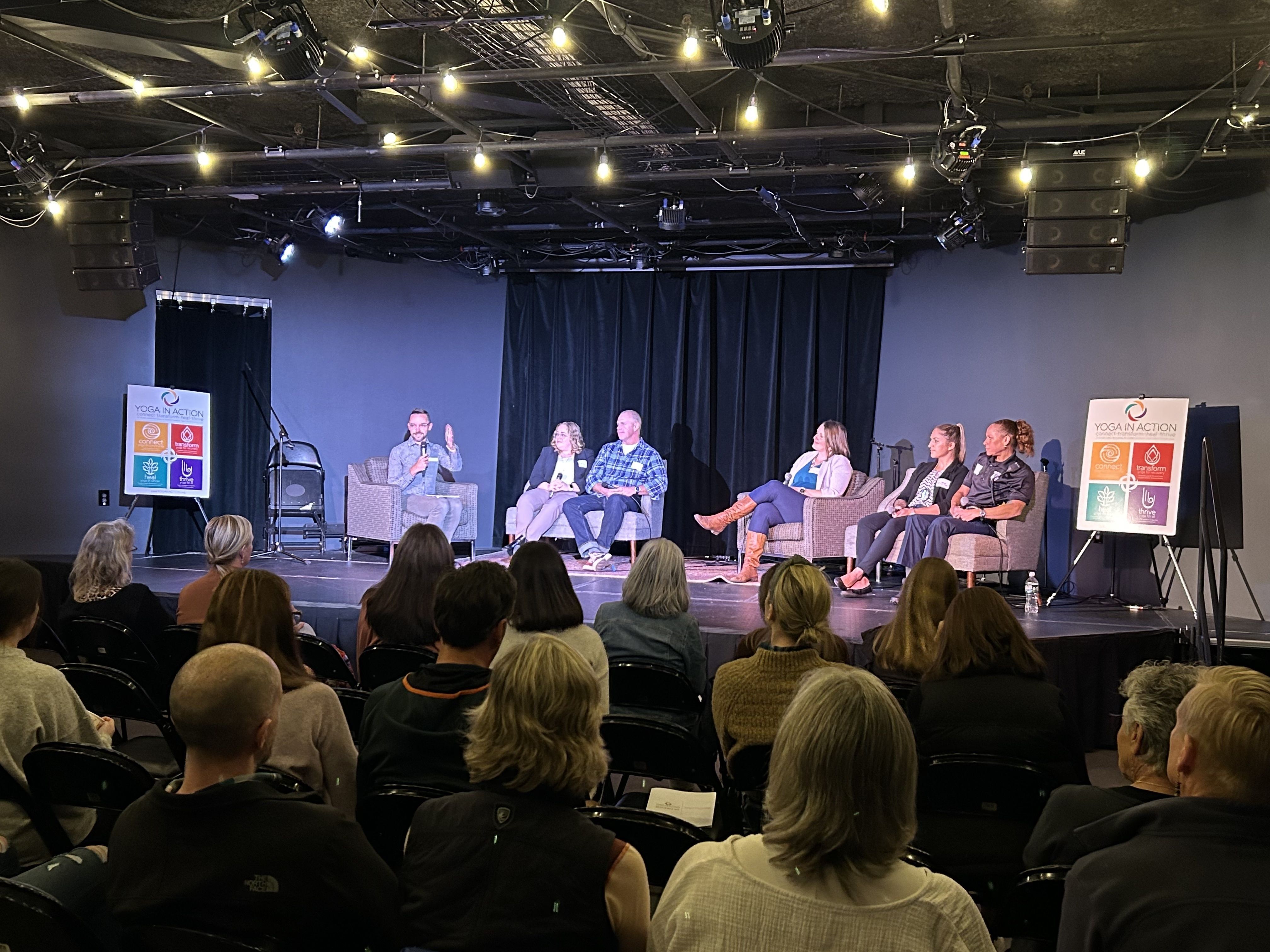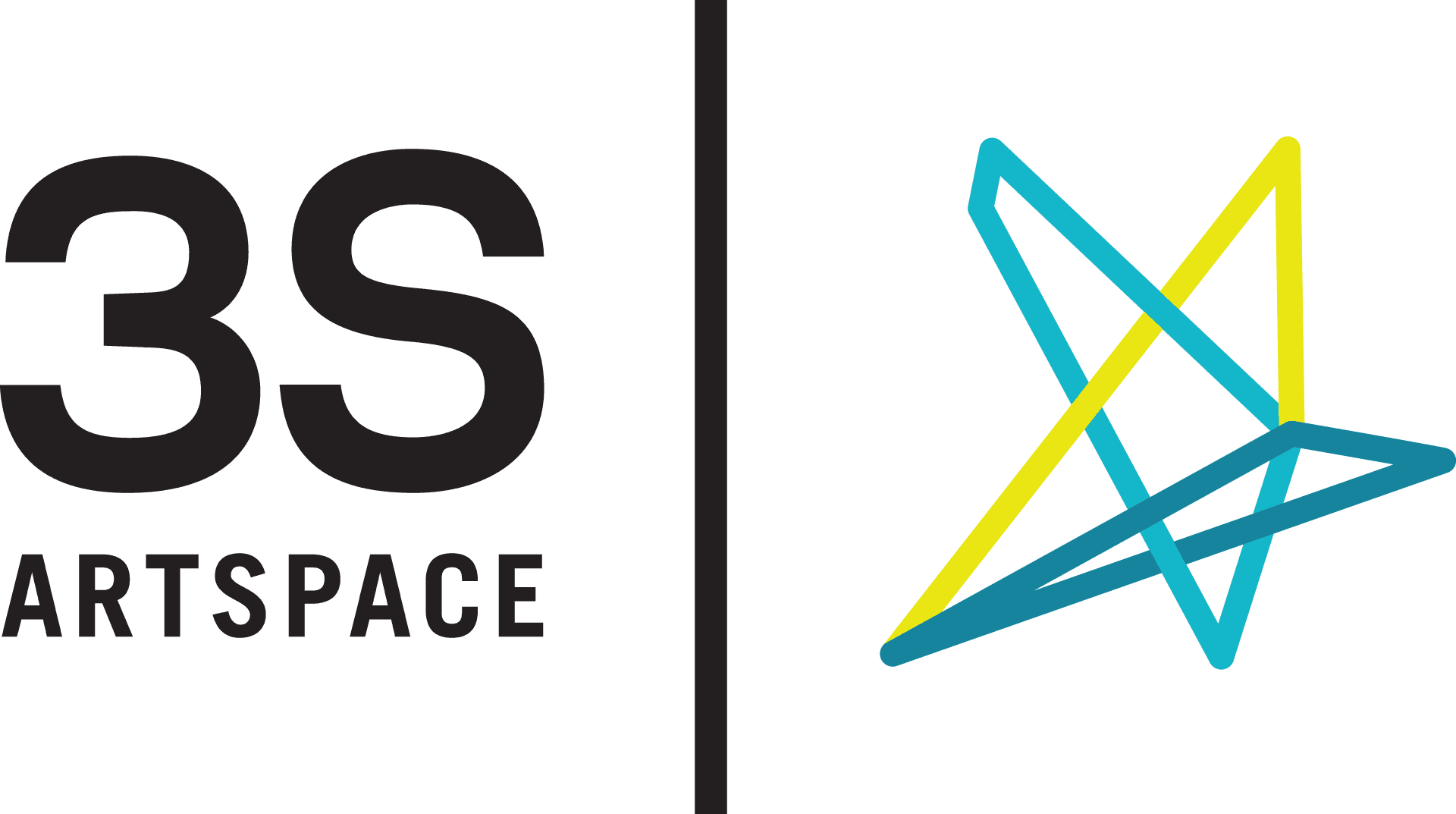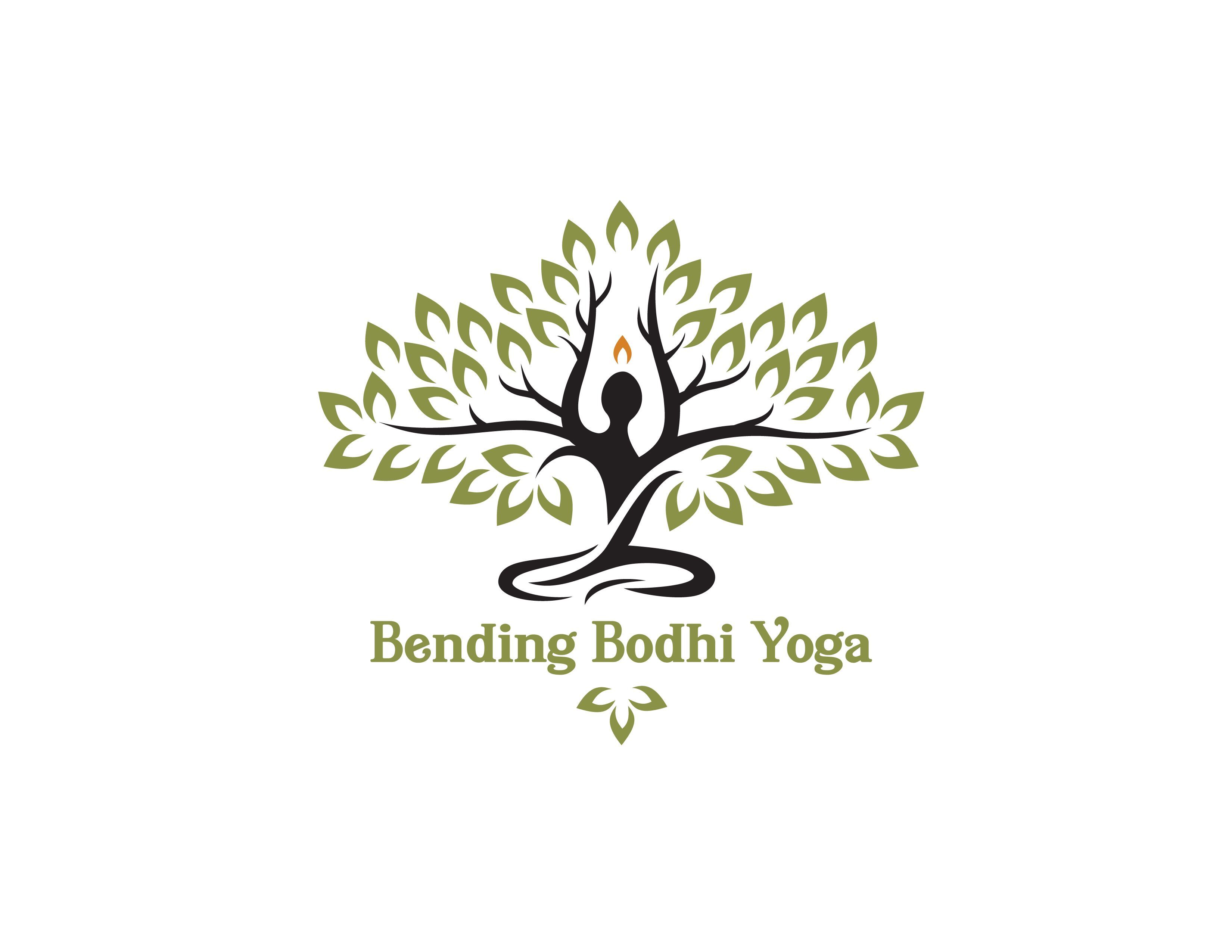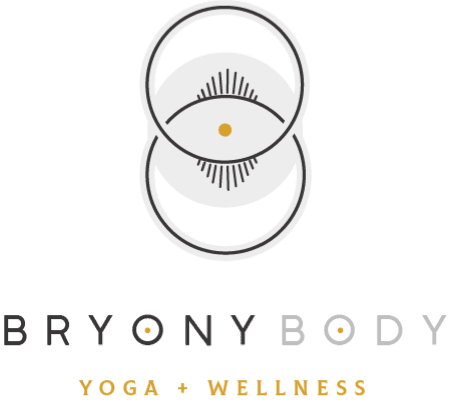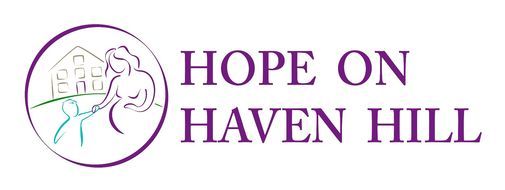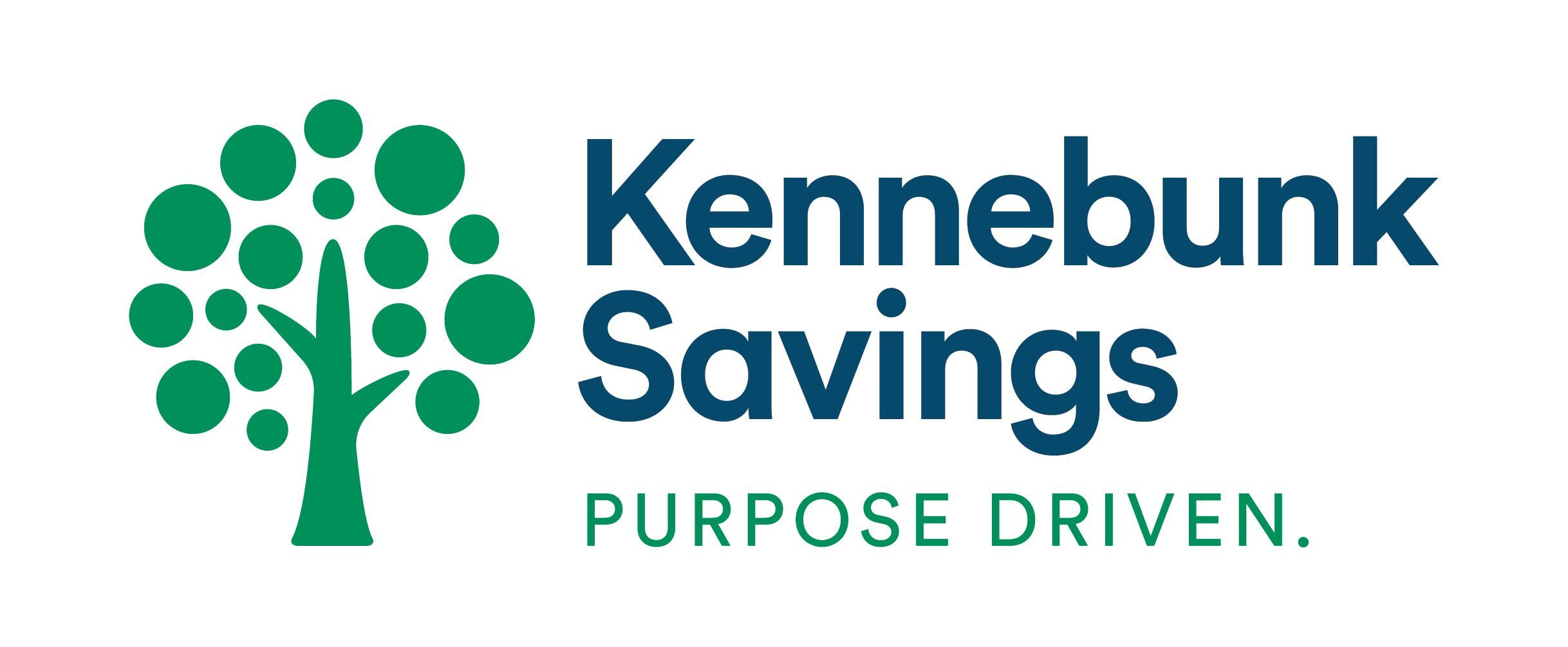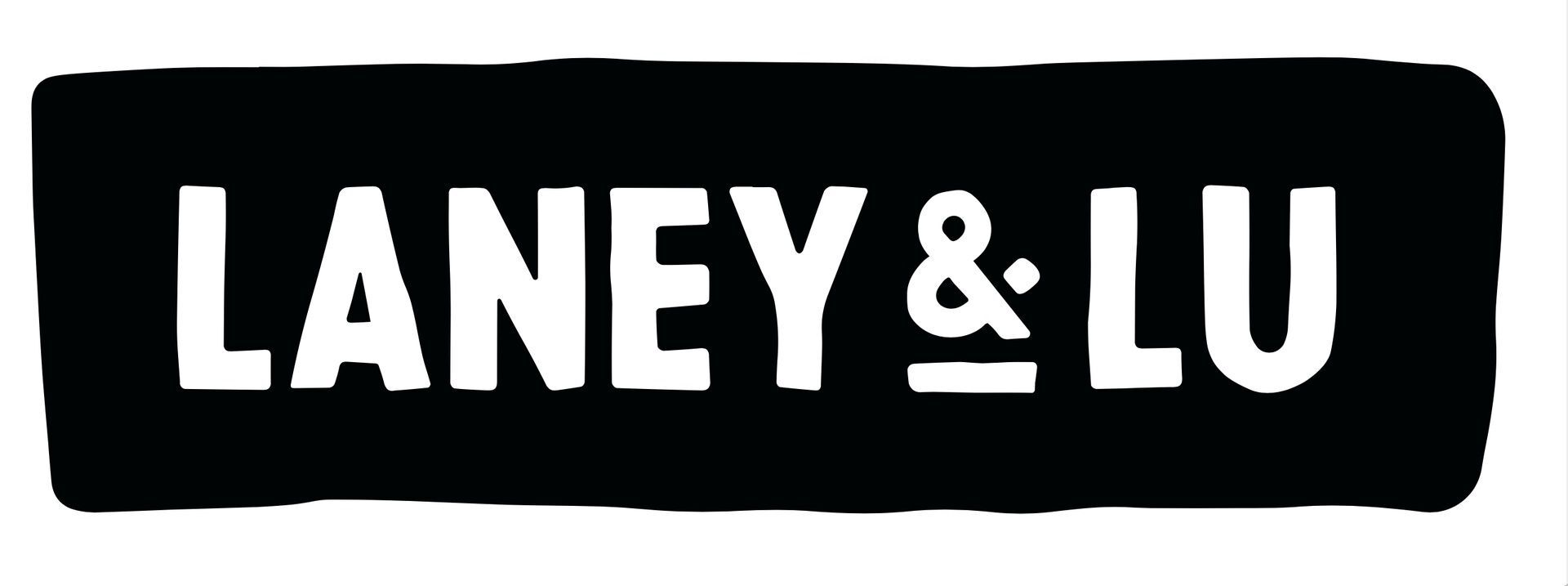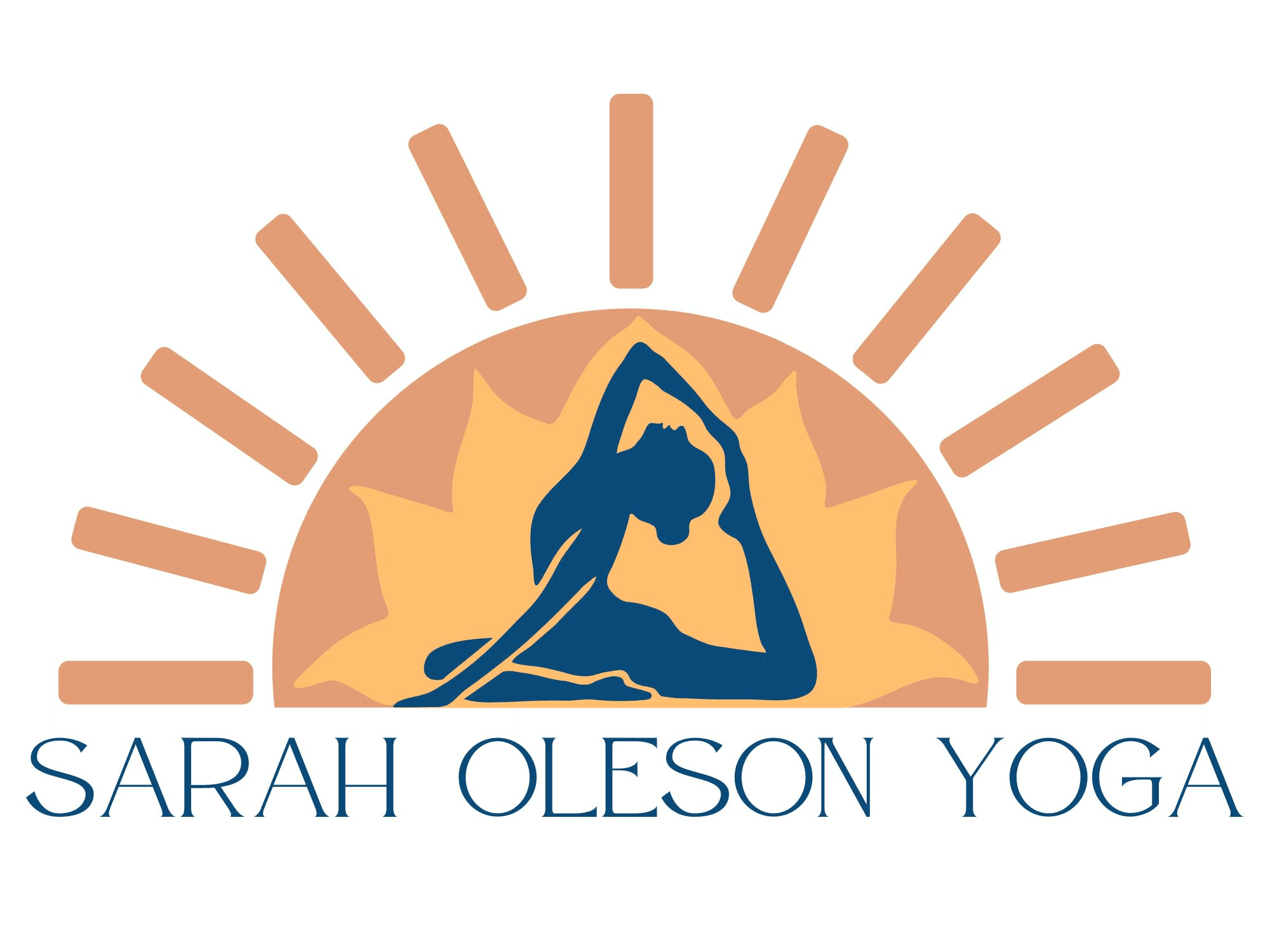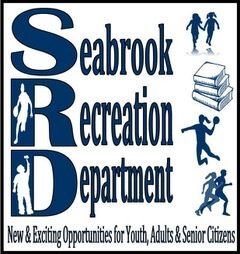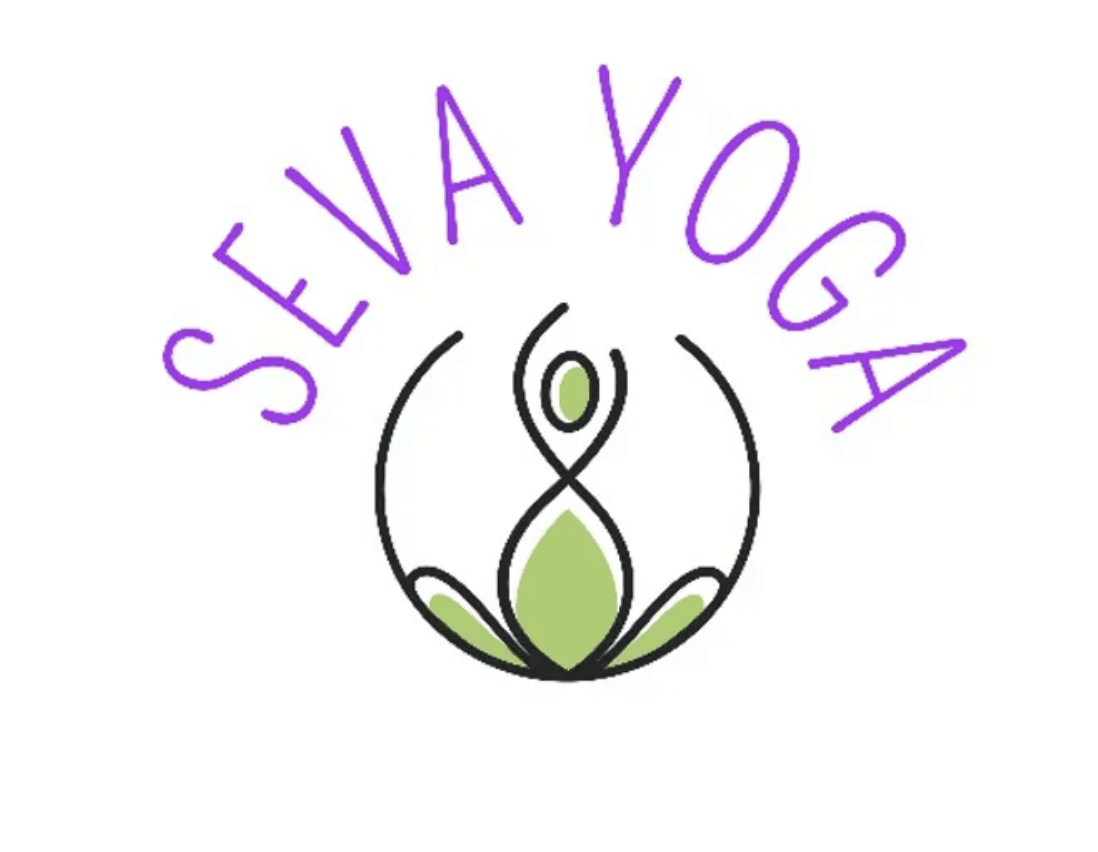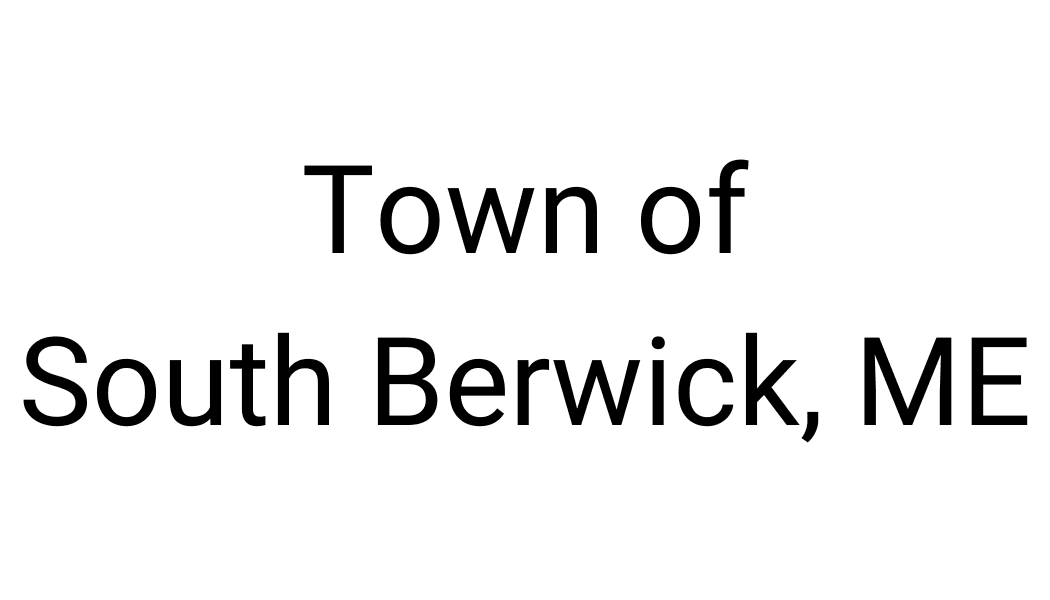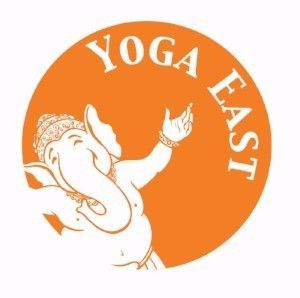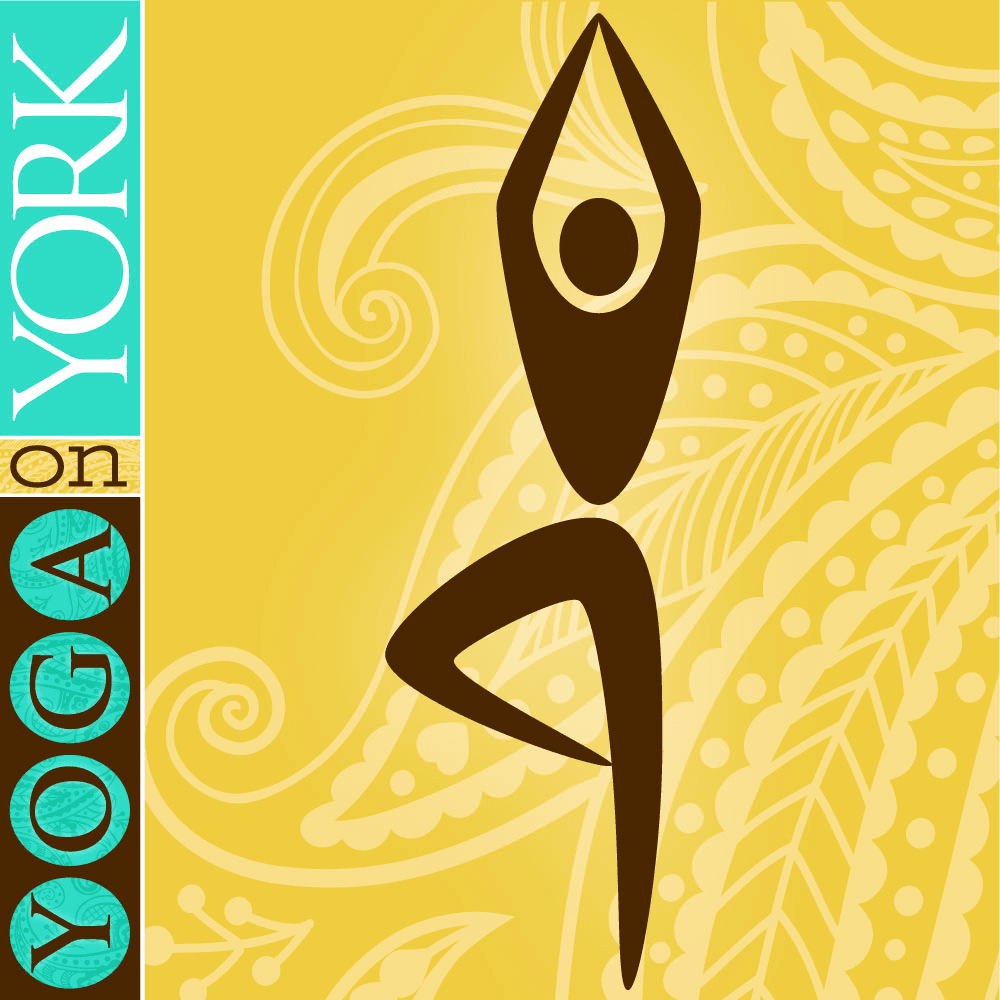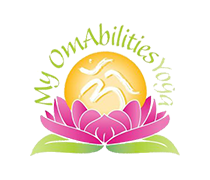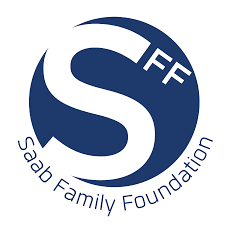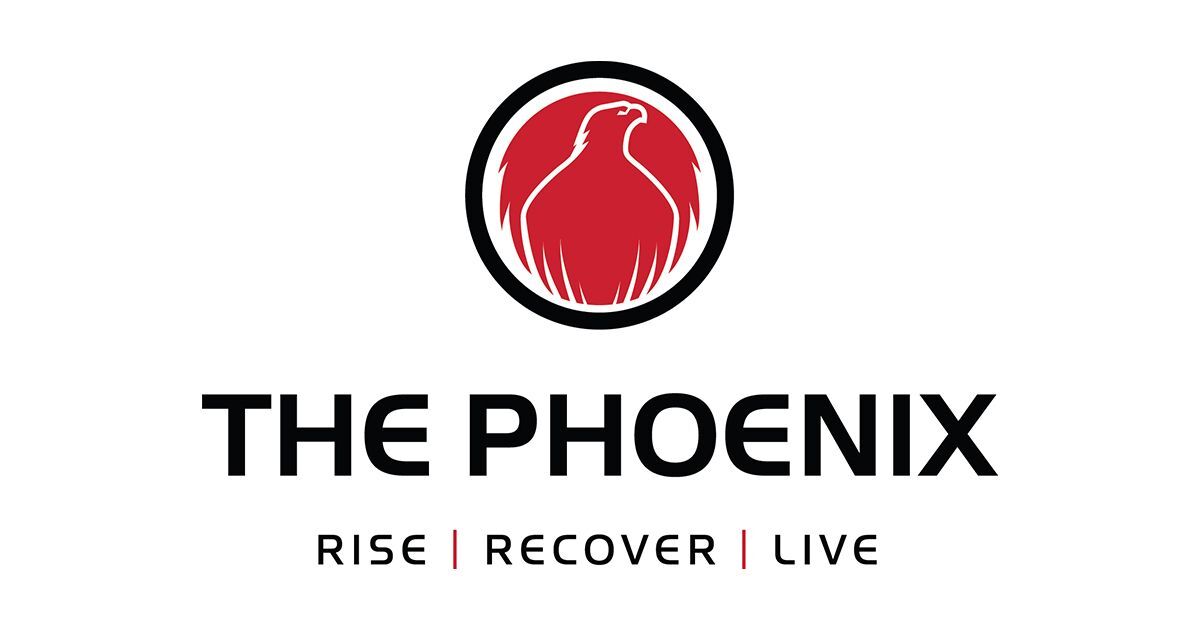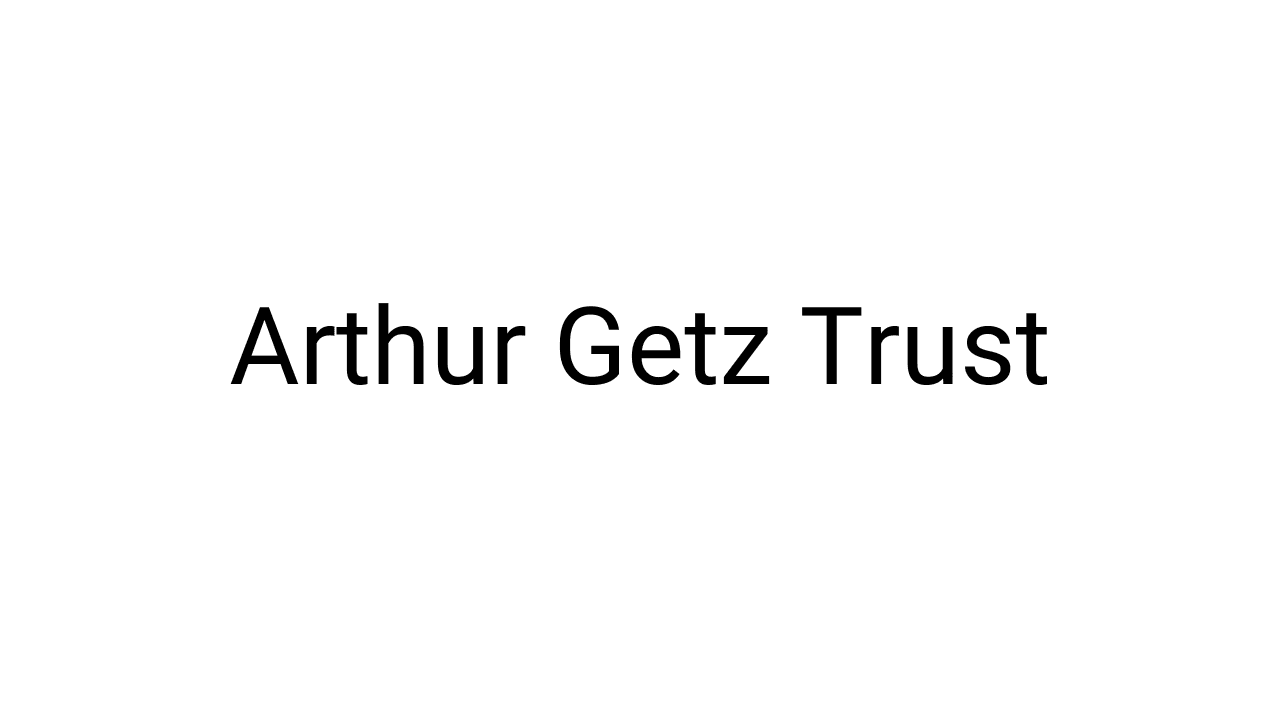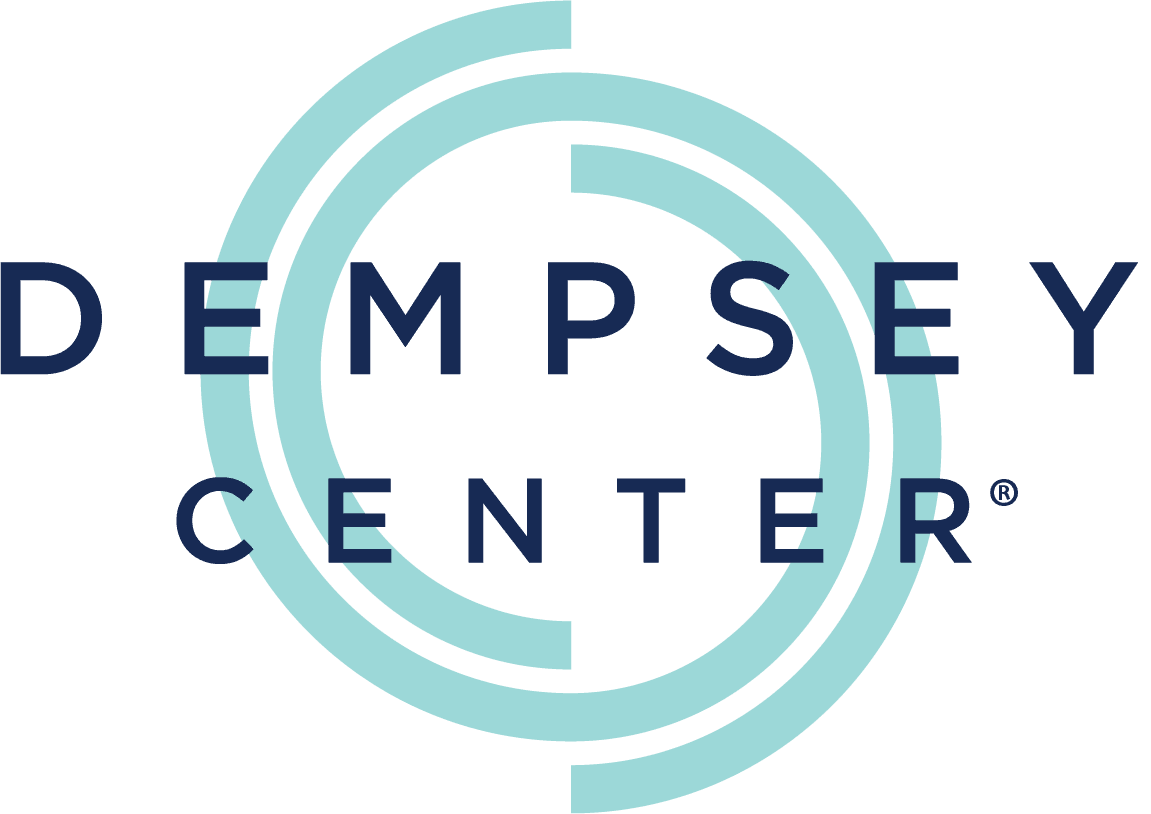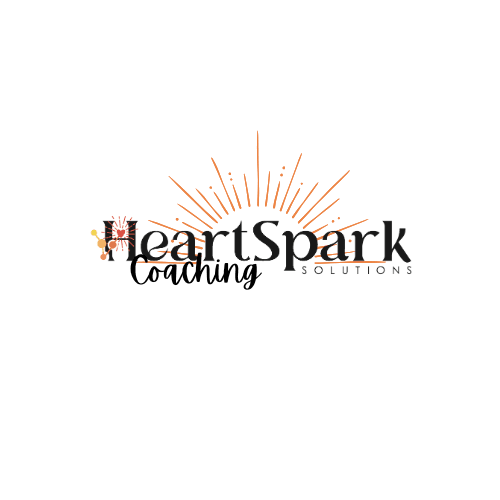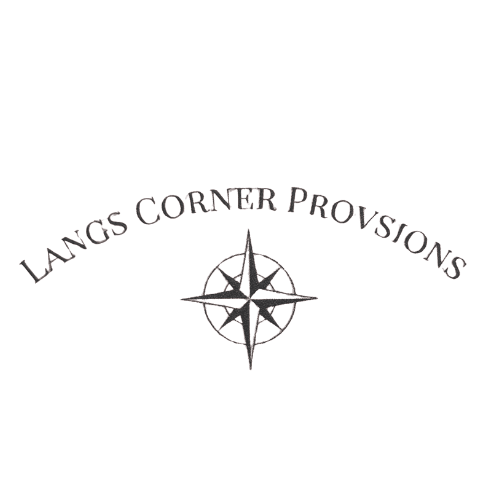DIVERSE ABILITIES
Diverse abilities (physical, intellectual, developmental, and cognitive) means that people's abilities are varied and all abilities have value. This is a preferred phrase to terms such as, special needs, inclusion, etc...particularly in the world of education and person-centered care facilities/programs.
Did you know?
- In the American Community Survey in 2011- There are 37.3 Million Americans with one or more disabilities, 12.1% of non-institutionalized persons of all ages.
- In the same survey, 18.9 Million, 10.5% of non-institutionalized working age (21-64) persons.
- The ACS definition may not capture persons with upper body disabilities (e.g., back, arm or shoulder issues) or persons with psychological/mental illnesses, even though both of these types of disability account for a large proportion of people with disabilities.
The ACS uses six basic disability types in their definition of disability:
- Visual (blind or has serious difficulty seeing even when wearing glasses)
- Hearing (deaf or has serious difficulty hearing)
- Cognitive (serious difficulty concentrating, remembering, or making decisions because of a physical, mental, or emotional condition)
- Ambulatory (serious difficulty walking or climbing stairs)
- Self-care (difficulty dressing or bathing)
- Independent living (difficulty doing errands alone such as visiting a doctor's office or shopping because of a physical, mental, or emotional condition)
YiA and Diverse Abilities
Disabilities are visible and not. Being able to offer yoga for a wide variety of abilities is a real skill, and one that is central to yoga philosophy. When teaching to diverse abilities we offer several forms of any particular shape and use language that is accessible to all cognitive abilities.
We currently offer several weekly classes for diverse abilities with trained teachers.
In the future we intend on holding Inclusion Classes (welcoming people who present with disabilities and those who don’t to practice together in the same space), developing a YTT for folks with disabilities to be lead and/or assistant instructors (with or without support from non-disabled peers).
Sources
https://www.newenglandada.org/
*References on the Yoga in Action website represent a variety of perspectives & sources. They are provided for informational purposes only and do not necessarily reflect the views or opinions of Yoga in Action.*
